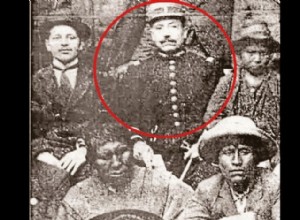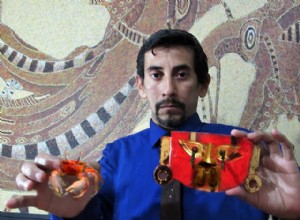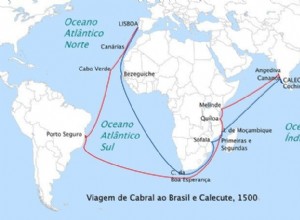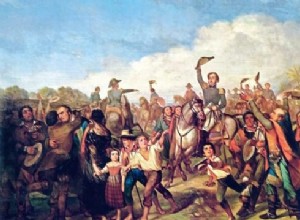I think that not even 20% of teachers at our university know who Teodomiro Gutiérrez Cuevas is. With these controversial words, the environmentalist Rodolfo Rojas Villanueva, made known his complaint and at the same time demanded to pay tribute to this military man from Cerreño with the name of the




